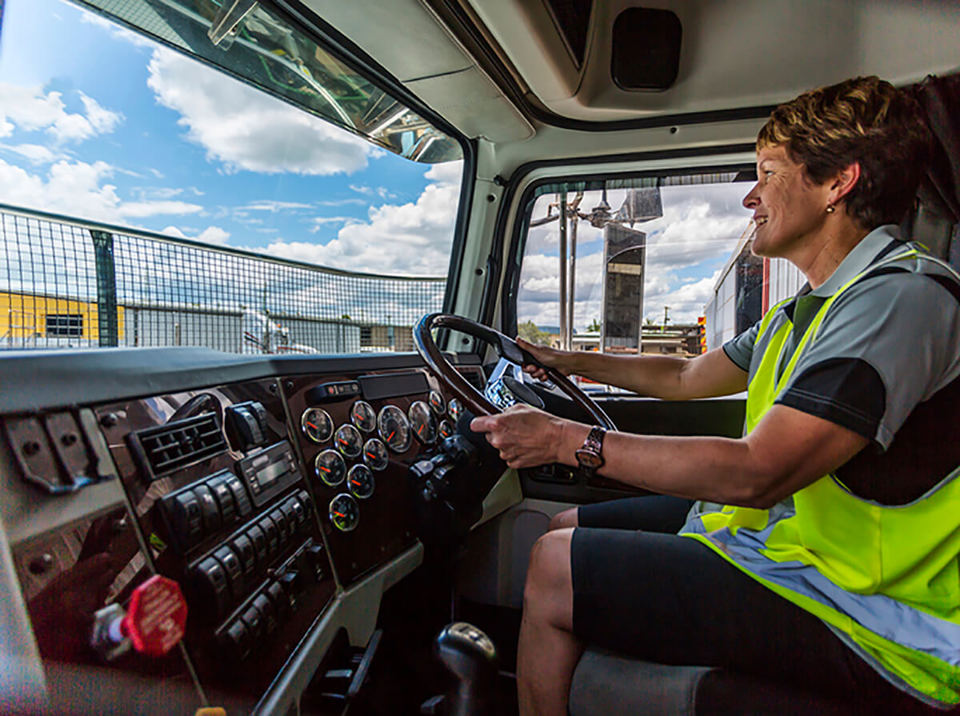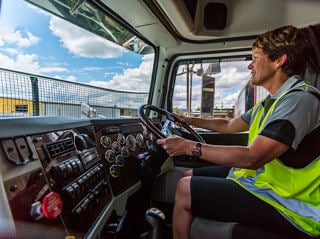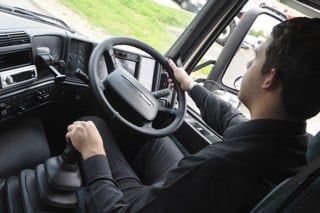Cash incentives offered to attract drivers to the home delivery sector is “significantly” hampering the collection and delivery of new and used cars, says DMN Logistics.
Tempted by joining bonuses, it says that drivers are opting for short-term home delivery roles and this is having a knock-on effect on the logistics sector with fewer drivers applying.
The Birmingham-based national vehicle movement and inspection firm is predicting that labour shortages are set to continue at least into the first quarter of 2022.
Nick Chadaway, managing director at DMN Logistics, said: “Despite this current lack of driver availability, there could however be an improvement in availability post-Christmas as demand in home deliveries reduces.”
Drivers appear to be put off with the costs of HGV training ranging between £4,000-£7,000 and relatively low wages in the logistics sector.
Instead, they are enticed by home delivery companies offering immediate financial gains with signing on bonuses of up to £1,000 and companies upskilling non-HGV drivers with offers of support to take the HGV test, according to DMN Logistic.
Chadaway said: “The proposed changes to the HGV test - reducing some of the technical aspects - of the test could also help improve UK HGV driver uptake.
“Relaxation of cabotage rules for six months could also allow additional capacity on HGV movements – so it does appear to be a short-term issue with the situation looking to ease post-Christmas.”
The impact of the HGV driver shortage is compounded by non-returning Eastern European thanks to Brexit and Covid complications, along with the shortfall of HGV tests available during the pandemic plus an ageing HGV workforce profile with more drivers retiring than new drivers starting, it says.
Furthermore, long-standing issues remain in attracting and retaining HGV drivers, including anti-social hours, relatively low pay, poor driver facilities and lack of diversity.
Chadaway added: “Simplifying the HGV driving licence is one tactic that’s being implemented which should help get more drivers tested and employed quickly, but that also comes with some scrutiny over safety concerns.
“Drivers no longer need to hold a Category C licence before applying for a category C+E, speeding up the process of learner to qualified drivers. Aspects, such as the reversing manoeuvre, will be removed from the test and carried out separately by a third party.
“Streamlining the process should however help to ease supply chain issues quickly and help reduce the impact the shortage has had upon the UK.”























Login to comment
Comments
No comments have been made yet.